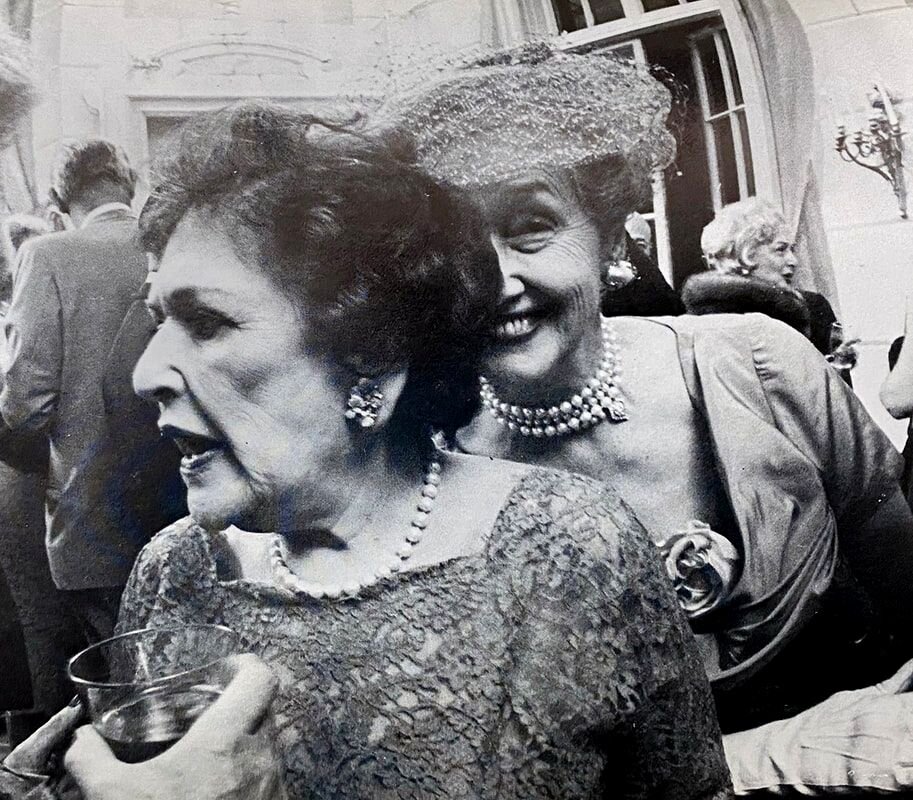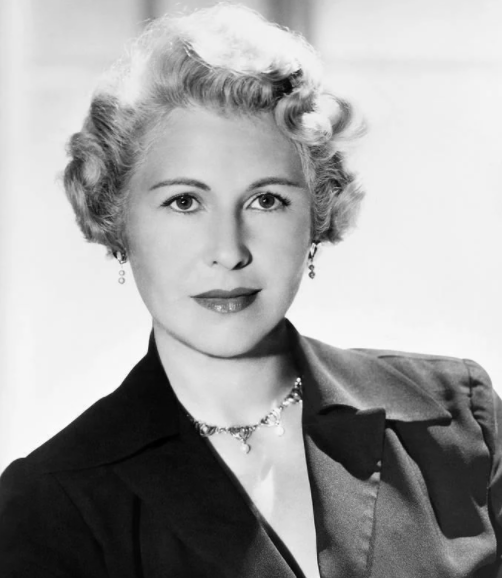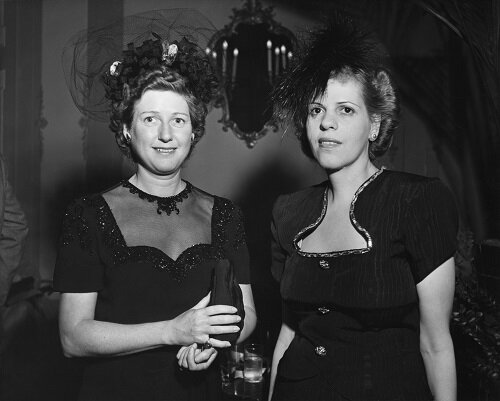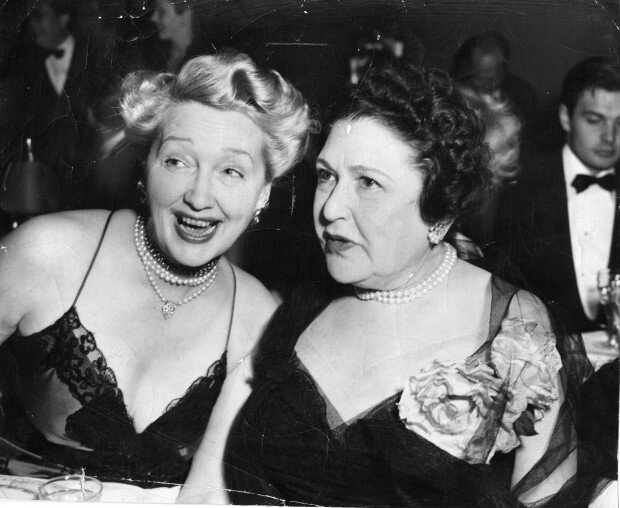Listen to this episode on Apple Podcasts or Spotify.
The Hollywood studio system begins to crumble, and Louella and Hedda decline and fall, too. But just as a new generation of filmmakers rises from the ashes and reinvents the movie business, so too does gossip find new life in a new look. We’ll end our season by talking about a woman who was the antithesis of Louella and Hedda -- liberal, Jewish, sexually forward, and so unwilling to play the industry’s games that she may have ensured the death of the gossip columnist as star.
SHOW NOTES:
Sources for entire season:
Hedda Hopper’s Hollywood: Celebrity Gossip and American Conservatism by Jennifer Frost
The First Lady of Hollywood: A Biography of Louella Parsons by Samantha Barbas
The Whole Truth and Nothing But by Hedda Hopper
From Under My Hat by Hedda Hopper
Tell it to Louella by Louella Parsons
The Powers That Be by David Halberstam
Hearst Over Hollywood: Power, Passion, and Propaganda in the Movies by Louis Pizzitola
The Chief: The Life of William Randolph Hearst by David Nasaw
Dish by Jeannette Walls
Privileged Son: Otis Chandler And The Rise And Fall Of The L.A. Times Dynasty by Dennis Mcdougal
Hedda and Louella: A Dual biography of Hedda Hopper and Louella Parsons by George Eells
Sources specific to this episode:
“Rona Barrett, Hollywood Gossip Columist” The Kansas City Star, April 16, 1980
The Rona Syndrome by Tom Shales, Washington Post, June 17, 1981
Music:
The music used in this episode, with the exception of the intro, was sourced from royalty-free music libraries and licensed music collections. The intro includes a clip from the film Casablanca.
Excerpts from the following songs were used throughout the episode:
"Barge" by Grey River
"Bellow's Hull" by Reflections
"Jumbel" by Muffuletta
"One Quiet Conversation" by K2
"Walking Shoes" by Skittle
"Trenton Channel" by Reflections
"Unfolding Plot" by Ray Catcher
"Stale Case" by Darby
"Gale" by Migration
"Via Verre" by The Sweet Hots
"Mr Mole and Son" by Love and Weasel
"Vik Fence Lardha" by The Fence
"Base Camp" by K2
"Flashing Runner" by Resolute
"Ether Variant" by Reflections
"Intelligent Galaxy" by The Insider
"Passing Fields" by Quantum Jazz
Credits:
This episode was written, narrated, and produced by Karina Longworth.
Our editor this season is Evan Viola.
Research and production assistant: Lindsey D. Schoenholtz.
Social media assistant: Brendan Whalen.
Logo design: Teddy Blanks.
Thanks to our special guests. Julie Klausner played Louella Parsons. Julie wrote, created and starred in Difficult People, which you can watch on Hulu. She and Tom Scharpling also have a podcast, Double Threat, which you can and should find wherever you get your podcasts. Cole Escola played Hedda Hopper. Cole can be seen on Search Party and At Home with Amy Sedaris and their self-produced special Help, I’m Stuck.










































